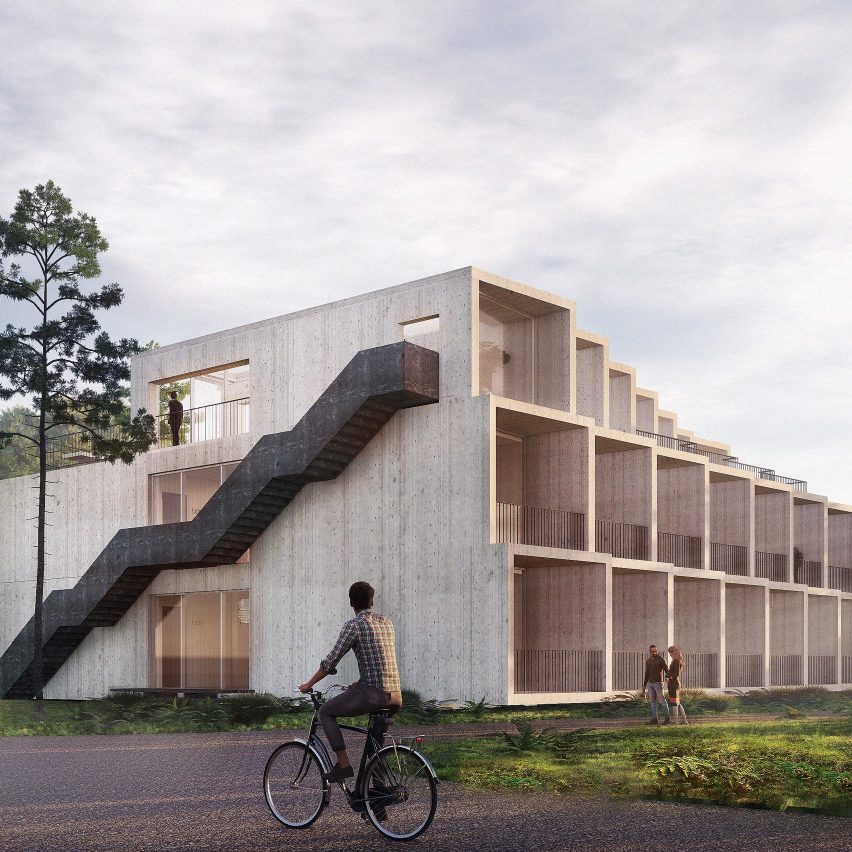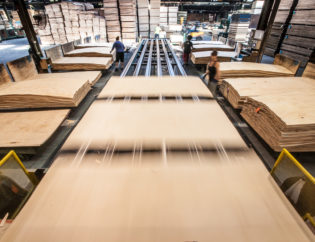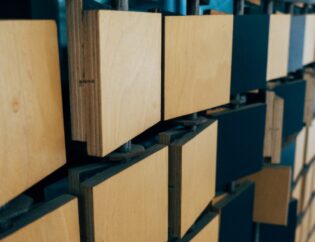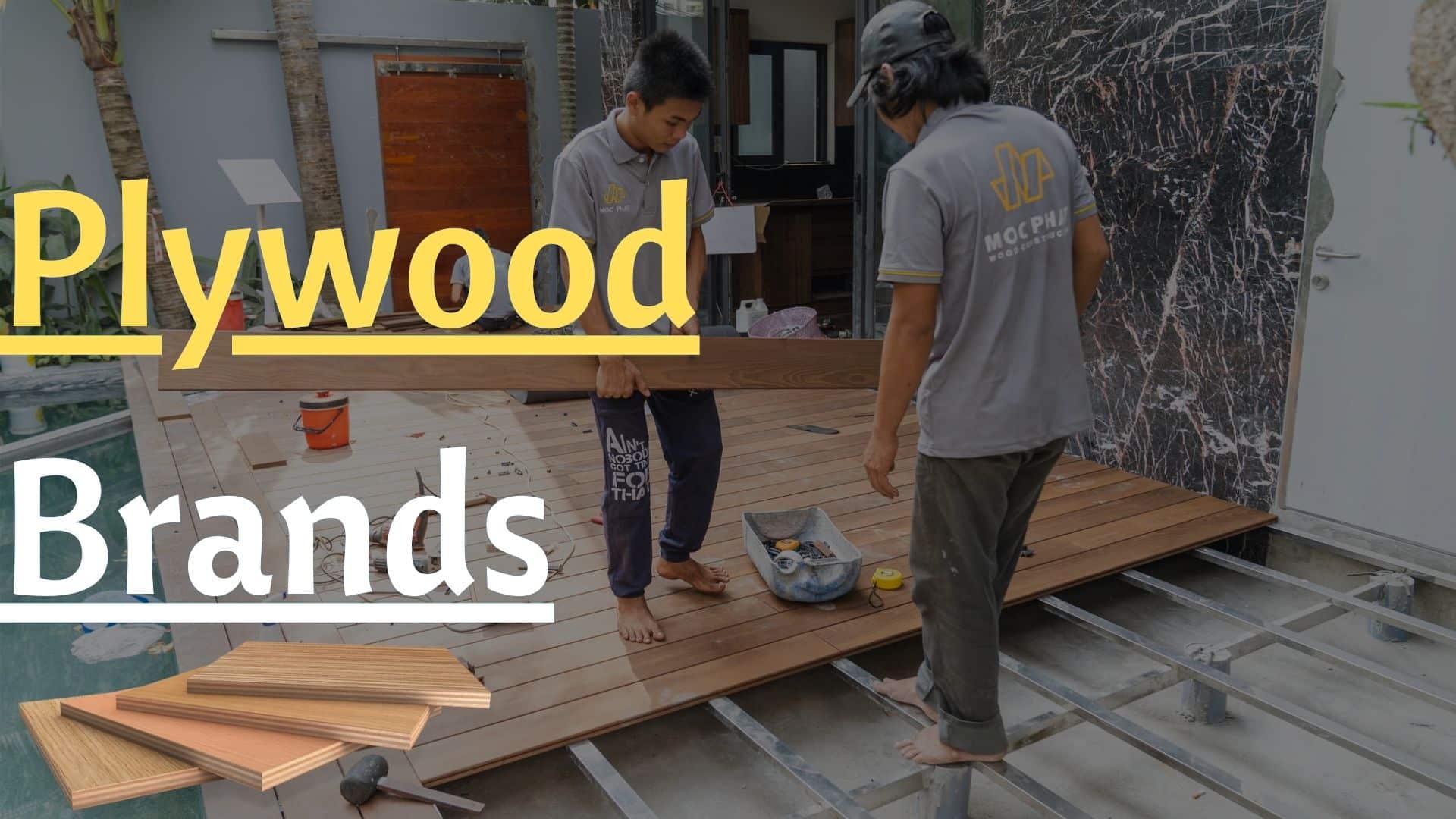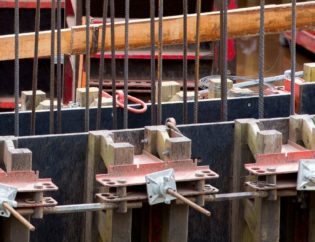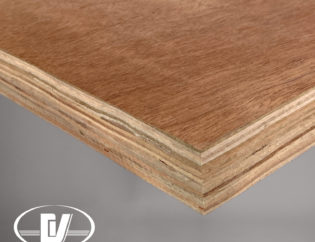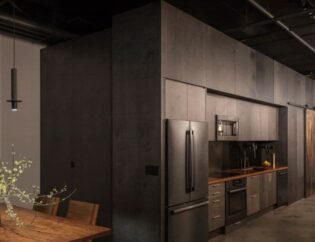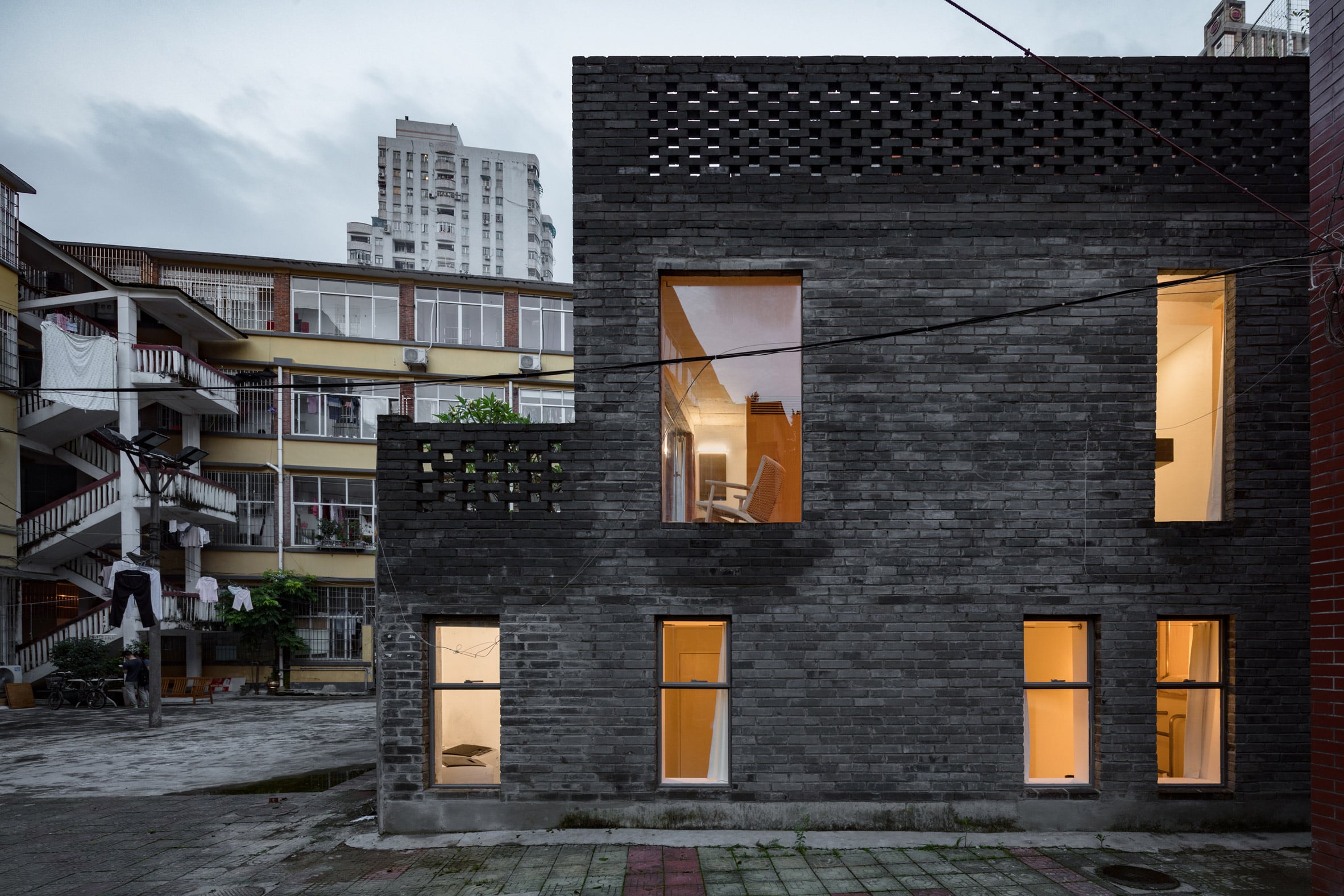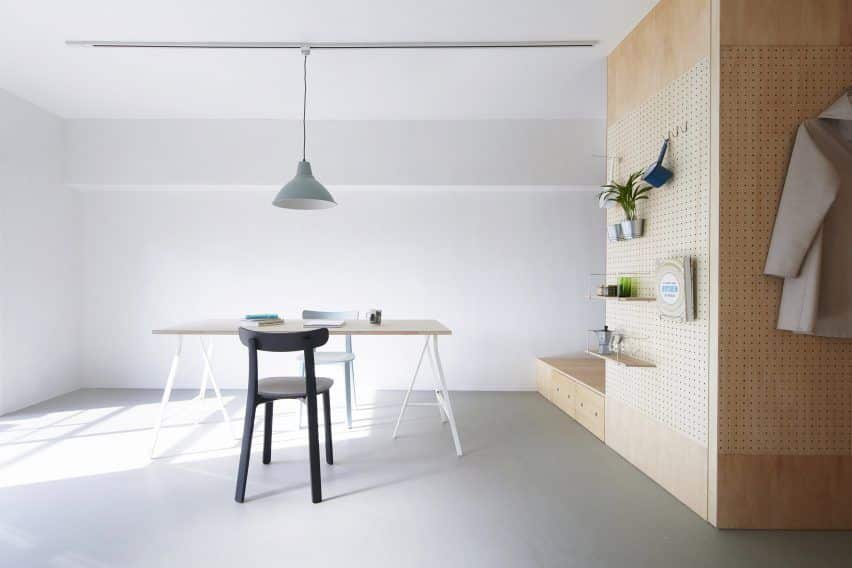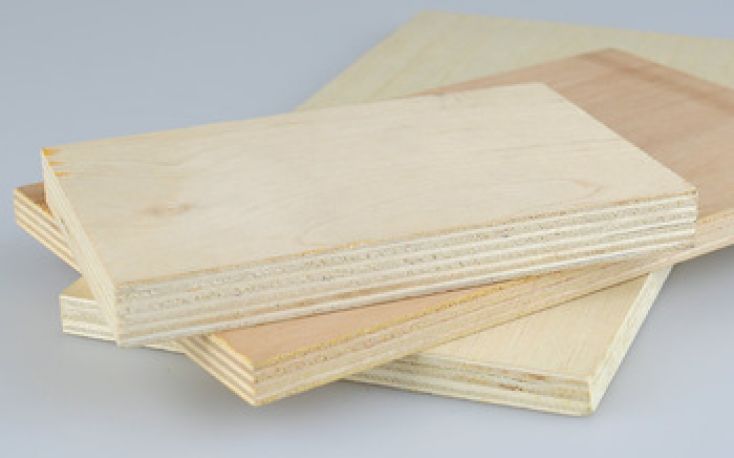
Harish Rao – Medium Density Fibreboard (MDF) is the first one in the wood panel industry to see recovery in demand after the relaxation of lockdown norms. Many considered it to be a pent-up demand and as such temporary. However, demand has sustained itself in the post lockdown period surprising the industry pundits.
Increasing awareness and acceptance of MDF as wood panel product has greatly contributed to the growth of the industry. Over the years, the application of MDF has gone up and is now being used for varied applications like photo lamination, photo frames, slates, handicrafts, loudspeakers, gift boxes, etc. Further, MDF is being preferred by the modular furniture manufacturers over other wood panel products. Of late, its use in the renovation is also on the upswing.
Plywood’s loss is MDF’s gain
However, most of the MDF demand has come at the expense of cheaper variety of plywood as the users find it a better alternative to plywood. This is not a new phenomenon but was seen right from the beginning. However, the trend (of replacing low quality plywood) became more widespread post lockdown relaxation as the unorganised sector was struggling to maintain its normal production capacity due to cash crunch and raw material issues.
COVID-19 helps MDF growth
Some developments in post lockdown period too added to the demand. Due to hygiene and social distancing factors, practice of calling carpenters to make furniture at home has come down drastically in the post lockdown period. Meanwhile demand for modular furniture has gone up which in turn has pushed up the demand for MDF as it is the preferred material for modular furniture making. Further, increasing demand for modular furniture in India post Covid-19 is also partly driven by consumer’s preference for renting over ownership of homes. Emergence of the concept of work from home too has added its share of demand for modular furniture during the post Covid-19.
Government support for furniture hub
Further, the government wants to make India the manufacturing hub for furniture which in turn can create additional demand for MDF. Successful implementation of programmes and policies may see India becoming manufacturing hub for modular furniture along with other Asian countries like Vietnam, Malaysia, etc for exports to US, Europe, etc.
ADD on thin MDF
The Directorate General of Trade Remedies, in February, had initiated the anti-dumping duty investigation concerning imports of plain (thin) MDF boards having thickness of less than 6mm originating in or exported from Vietnam, Malaysia, Thailand and Indonesia. If the injury due to dumped imports is proven it may result in imposing anti-dumping duty on MDF imported from these countries which will in turn narrow the price gap between domestic MDF and the imported ones. It should be noted that thick MDF boards (having thickness of 6mm and above) imported into India from Indonesia and Vietnam already attracts ADD since 2009. However, there is no ADD on thinner variety which has resulted in dumping of the materials by these countries into Indian market thereby affecting domestic manufacturers. Dumping has affected the prices of the materials substantially in the Southern market.
Will there be rush to add capacity?
The market size of MDF industry is currently estimated at Rs 2200 crore. The revival of the MDF market has come after prolonged lull of 2017-2019 which was prompted by sudden spurt in capacity and lack of awareness about the product among the potential consumers. However, the situation has taken a ‘U’ turn since last few quarters and the Covid-19 has further accelerated its acceptance. With demand reviving which seems to be sustainable due to various reasons, now one need to wait and watch whether the emerging scenario will result in repetition of 2017 and 2018 when manufacturers rushed to add manufacturing capacities.
Short term shortage anticipated
However, in the near future industry seems to be heading for a shortage of capacity due to restrictions on imports and also delay in implementing some projects. Century Ply’s MDF manufacturing capacity has almost reached optimum level and its plans to set up new plant in Uttar Pradesh is delayed due to court orders and outbreak of Covid-19. Rushil Décor is also in the process of adding capacity in the South but the project is delayed due to funding issues which is getting resolved. Meanwhile, some smaller capacities are in the process of installation but they may not change the overall scenario.
This in turn may create a situation where demand exceeding the supply which in turn may give free hand for manufacturers in terms of pricing. Such a situation may only encourage manufacturers to rush for capacity addition thus recreating 2017-18 situation which is bad from the long term interest of the industry.
Vietnam Film Faced Plywood
Vietnam Plywood
Thank you for your time!

